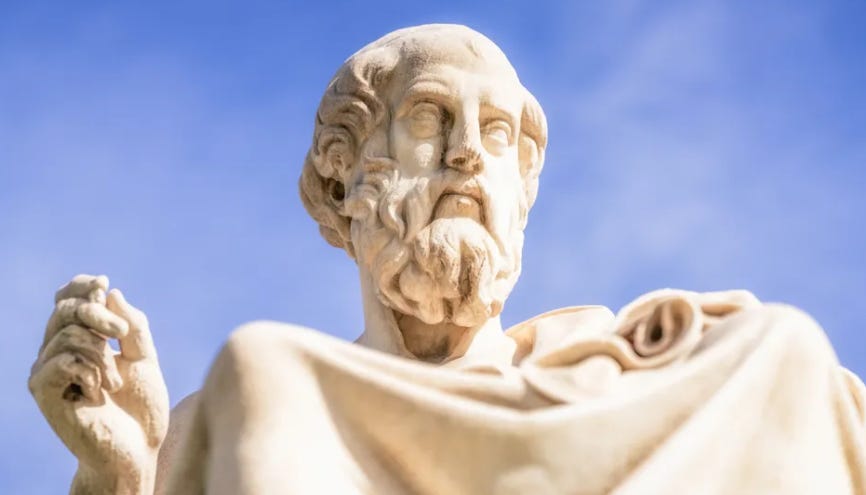Scientists asked ChatGPT to solve a math problem from 2,000 years ago
LIVE SCIENCE
The Greek philosopher Plato wrote about Socrates challenging a student with the “doubling the square” problem in about 385 B.C.E. When asked to double the area of a square, the student doubled the length of each side, unaware that each side of the new square should be the length of the original’s diagonal.
Scientists at Cambridge University and Jerusalem’s Hebrew University selected the problem to pose to ChatGPT because of its non-obvious solution.
Since Plato’s writing 2,400 years ago, scholars have used the doubling the square problem to argue whether the mathematical knowledge needed to solve it is already within us, released through reason, or only accessible through experience.
Read more | LIVE SCIENCE

